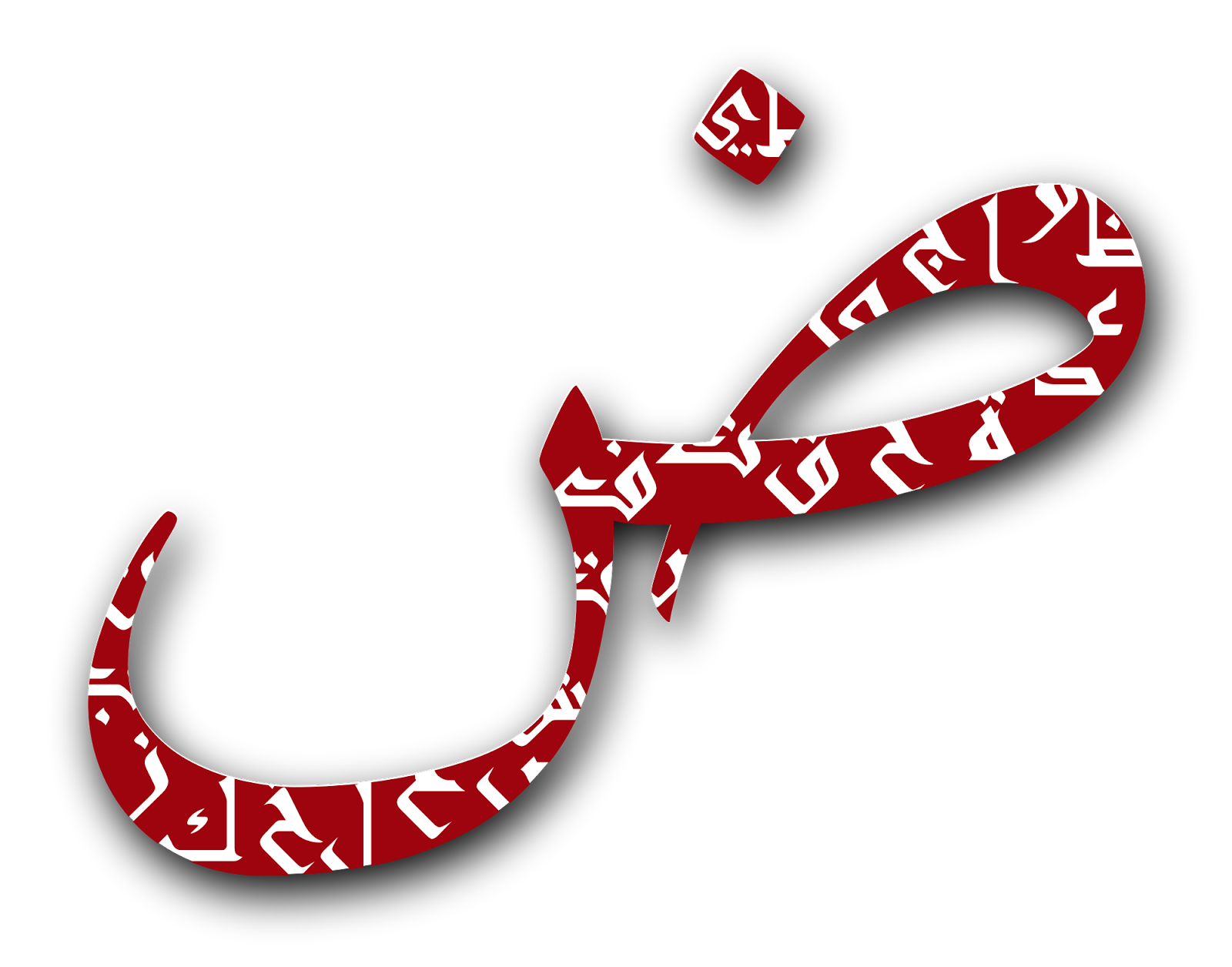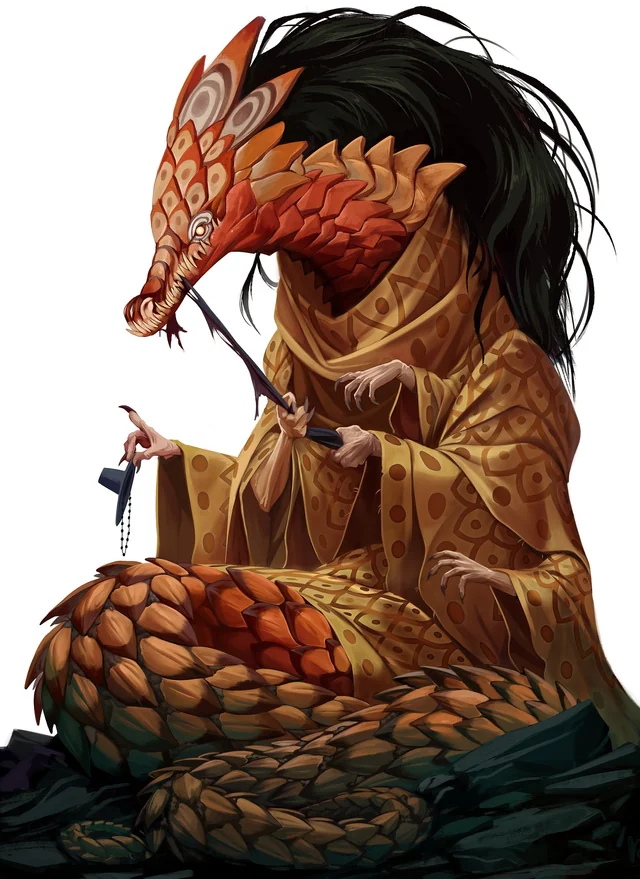- cross-posted to:
- [email protected]
- cross-posted to:
- [email protected]
Tell the monolinguals about your experience 
A lot more of you should be learning Arabic smdh 
IDK about everyone else, but in my experience if you live in a place that only speaks one language, learning languages is mostly a decadence for rich people who can afford to travel to places to practice speaking. I’ve put a ton of energy over the years to learn languages but without ever getting to speak any of them with any regularity it all just becomes tears in the rain and those hours could have been put into learning something else.
As someone who also lives in a monolingual culture, I’m not sure I totally agree. I would wager that any small or medium-sized city is going to have an enclave of immigrants who have a different native language. In
 you can definitely find Spanish- and Chinese-speaking people working pretty much anywhere. If you ask nicely and make a real effort I think they most likely won’t mind interacting with you in their native language, if you can more or less get through it.
you can definitely find Spanish- and Chinese-speaking people working pretty much anywhere. If you ask nicely and make a real effort I think they most likely won’t mind interacting with you in their native language, if you can more or less get through it.I have a guy who works at a convenience store near me who I speak to in his native language, and the other day he was in the back and I was talking with his coworker in English, and when the guy I know came out from the back he yelled at him in their native language, “Why are you speaking English to them? They speak ___!” which made me feel pretty cool and accepted.
Now, if you’re trying to learn Swedish or something, yeah that would be pretty much impossible.
Just my experience, not trying to invalidate yours but rather give encouragement!
That’s sad, but I get you. There are apps and communities out there that can expose you to native speakers though. Not the same, but it does help
What languages? There are a lot of companies struggling to find multi lingual people that speak languages they want.
Self taught myself Japanese and not the “self taught watching anime” but with actual textbooks. Living in Japan for a while really helped solidify a lot of it for me, now I can understand most stuff I’m interested in but technical stuff will still absolutely ruin me. I’ve also given up learning to write, if I can read I can type it out anyway.
One of the things I learned while in high school in Japan was that old Japanese is absolutely cursed and as a foreign kid with like conversational Japanese at best it was impossible to understand. And then I also was left in the dust in math when only years later did I realize I was in a calculus course for first years and I only like 3 years away from calculus in the US as a senior.
Then there was the fun when I’d respond with hm? To clarify a question and the people around me would take it as me agreeing since un counts as a yes.
So many things you take for granted with culture and language that you learn about when learning a new language. Honestly was probably my first step towards who I am today and leaving behind my reactionary teenage self. My world expanded, though not good, trans existence was more acknowledged in Japan to a degree even back when I was there though people would still misgender and be shitty, it helped just seeing people exist. Then one night the family I was staying with started talking about how pretty I’d be if I was a girl and yeah…
I don’t think I’ll ever learn to write by hand in Japanese either, it takes so much more practice than reading or typing on a computer that I can’t bring myself to spend the time that would require.
un
Spanish- Primary language
English- Also Primary and taught it from a young age
Portuguese- 8 years. I speak it somewhat fluently. It was a little easier to pick up with it being a Latin language. Occasionally I’ll find myself slipping into Spanish in order to fill the holes.
Mandarin- 10 years of learning and speak it fluently with very good pronunciation. My writing is the complete opposite and is pretty pitiful to look at.
How is Portugues, from a phonology standpoint, hard to pronounce or just a bit challenging…?
Not too bad coming off of Spanish. It might be harder for someone who doesn’t have their native languages being of Latin origin. I hear Anglos struggle with European Portuguese more.
Does your dialect come from Peninsular Spain or from Latin America and so forth?
The reason why I say this, is because Euro-Portuges apparently sounds slavic… perhaps like Polska
Latin America, Guatemala in particular. I’m from a part of the country that’s more “rednecky” so we sometimes shorten things like saying “si seño”
Mandarin. For a year now. Aaaaaaaaaaahhhh!
I do enjoy it though.
I want to go back to learning languages but I can’t seem to find the time between all the other shit I’m trying to learn… did German lessons a while ago, and got to what’s probably a B2 at the time, but I’m sure I’ve dropped to A2-B1 after all these years. I still keep some of my devices and apps in German, just so that I don’t forget everything.
Also, I really want to go back to studying Mandarin more casually (at least initially), but I don’t have anything that’s good and free. I’m thinking Duolingo and HelloChinese just to get the wheels turning
I’m using Duo to get a start on Mandarin and it’s pretty good.
I kinda dislike duolingo and wish I knew some good textbook for Mandarin
I’ve been working on Spanish for 4 months or so now and can speak about simple concepts and can get the gist of most everyday conversations.
I’m using Dreaming Spanish which uses comprehensible input- just listening no studying grammar or vocab. It was a bit of a slog in the beginning because I could only understand things so simple that they were uninteresting. But after two months at three hours a day I started watching dubbed shows (usually kids shows) like Avatar and Pokémon and could mostly keep up with it. I think a few more months and I’ll be able to have a decent conversation without tripping up. If I keep my responses somewhat simple I can already do a lot. I have a lot of Spanish speakers at work and they have said my pronunciation is very good, and sometimes don’t believe I’ve only been at it 4 months.
The method is really great IMO. I’ve tried Duo and other traditional methods in the past and never got even close to this far. It definitely helps my listening comprehension miles better. With the other methods speaking and reading seem like math problems where you’re trying to conjugate and put things in order… to me some things just sound “right” and I’m not sure why/couldn’t quite explain it.
But now I’m hitting that intermediate plateau where it seems the more I learn, the more I know that I don’t know. If that makes sense. A lot of work ahead.
deleted by creator
Indeed. We’re spoiled with Spanish. They have thousands of videos. I’ve seen people starting to do the same with other languages but nothing close to DS.
If ever I learn a third language, it would be Mandarin. Hopefully someone can build up a similar library for Mandarin! (Or larger, ideally. Since it’s so different than English it takes like double the time)
deleted by creator
你很厉害. 加油!
deleted by creator
Slowly learning Mandarin, not as fast as I’d like, I should really put more effort in. I should be around a HSK3 level, but haven’t tested. I live somewhere with a significant Chinese-American population so at the very least I get lots of reading practice whenever I walk around the neighborhood or go shopping (using Pleco to figure out characters I don’t know yet).
Mostly using HelloChinese, and trying to get better with using HelloTalk. And lots of music, which isn’t terribly helpful I don’t think, but very easy to get into. I need to get back to working on it daily - I’ve slipped a lot.
I’m second panel unfortunately. I’m trying to research the evolution of Indo-Aryan and Dravidian languages. But any resources outside of Romance and maybe Germanic is so hard to find, especially if you’re not a linguistics student at a university…
French - still my best language. Can hold a conversation and confuse native speakers on why my accent is so good but my vocabulary is so lacking
Spanish - listening/reading 70% speaking 20% writing 40%
Japanese - I can watch native stuff with Japanese subtitles and get about 80% of it. I think my kanji level is about N3 ish
Mandarin - Duolingo unit 3

Japanese since a few years and I want to start Russian and Mandarin Chinese.
I have a whole list of languages I’m interested to potentialy learn:
Spanish
Vietnamese
German
Korean
maybe others I can’t think of right now
Are you good at Japanese now or still at a basic “Nihongo jouzu”…?
I can understand and form simple and “medium” I think.
Haven’t been practicing a lot lately.
But I can sort of have an everyday conversation I think?

I can read Arabic script mostly correct now, but I still can’t speak it well.
I’m ok at Japanese, but largely illiterate. There’s too many kanji. I’ve gotten back into Mandarin too. I learned a lot of Old English (anglo-saxon) in college that I still retain for some reason. Possibly the least useful dead language that’s still taught.
I’d like to learn some Arabic but I’m so intimated by Arabic script. I find it so hard to recognize the pieces and the ligatures wreck me
Arabic only has 28 letters, they just change their shape a bit so that they can connect with other letters, and by change their shape they simply lose what we call a “tail” and keep the “core”, see the spoiler and tell me if you’re still intimidated
lesson
https://www.hexbear.net/pictrs/image/lmxfaZujkW.png?format=webp
There are 28 letters in the Arabic alphabet. It’s written from right to left in a cursive style. There are no capital letters in Arabic.
أ ب ت ث ج ح خ د ذ ر ز س ش ص ض ط ظ ع غ ف ق ك ل م ن هـ و ي
Arabic letters have slightly different shapes depending on where they are in a word i.e. whether they stand alone or are connected to a following or preceding letter or both. We write in cursive so we need to connect the letters.
Let’s take the letter “meem” م (Arabic m) for example. In its independent (isolated) form it is made of a small circle, a small stroke to the left then a long downward stroke. Now, when we wanna connect it to a letter after it, it would be inconvenient to do the long downward stroke then go all the way up to where the next letter starts :think-about-it: . That’s why we just drop the long downward stroke, leaving just the small circle and the short stroke to the left مـ
م + ب = مب
So م 's small circle is what we call a core, that part of the letter that distinguishes it.
:meow-coffee:
This is the letter baa’ ب (Arabic b). The core (main parts) of the letter are the initial tooth and the dot beneath the letter. The second tooth is considered the “tail” and we remove it when the ب is followed by another letter.
In the initial position (first letter in a word i.e. only connects to a following letter) it turns into بــ :
ب + م = بم
ب + ج = بج
In the medial position (the letter is connected to two other letters) the ب looks like this ـبــ and in the final position (connected only to the preceding letter) it looks like this ـب :
م + ب + م = مبم
م + ب = مب
:meow-coffee:
Look at these letters س ش ص ض :wtf-am-i-reading: they all have that curved part at the end so it doesn’t help us tell them apart i.e. it is not part of the core, it’s the tail. The core is سـ شـ صـ ضـ
You can still tell them apart, can’t you?
س + ب + ص = سبص
م + س + ب + ض = مسبض
The ص is the final letter which means it gets to keep its tail. We only remove the tail so we can easily connect a letter to the one after it.
:ortega-clap:
thank you very much for this. I’m less intimidated… and I’m saving that helpful chart!
Everyone’s learning Mandarin lol. I’ve been on and off for a few years but should get back into it, 亡羊补牢!
I’ve tried to learn the Arabic alphabet a few times but I just can’t keep track of the dots. Are there other ways to group the letters that help learning?
I’ll send you something that should help a lot, the dots make a lot of sense actually.















